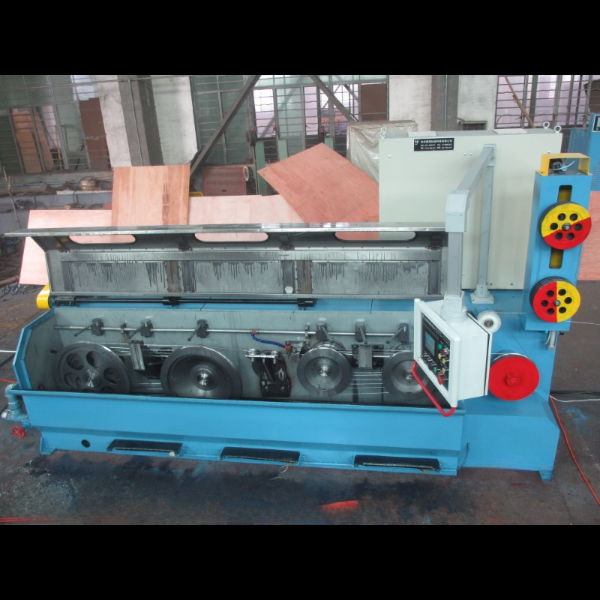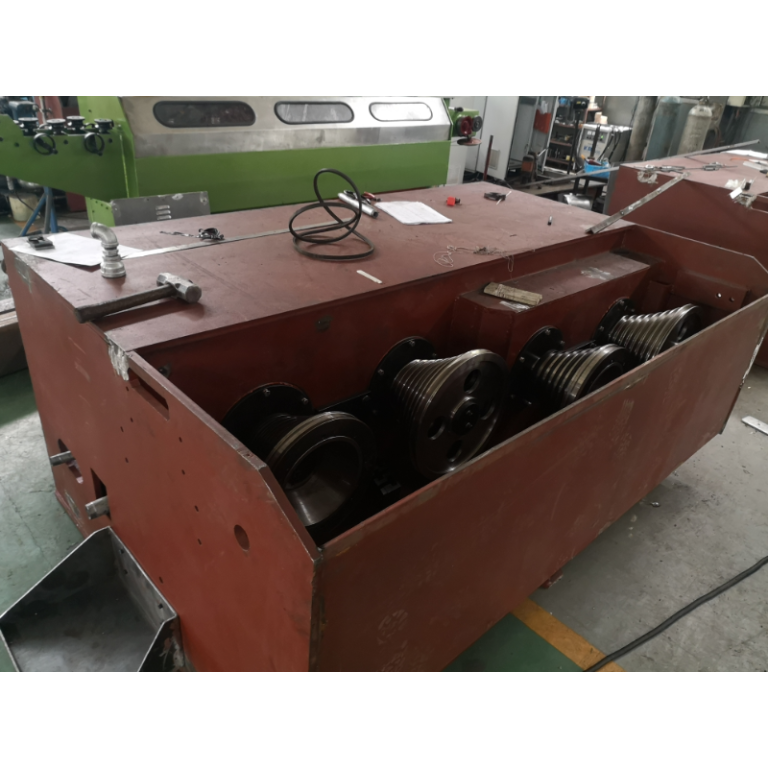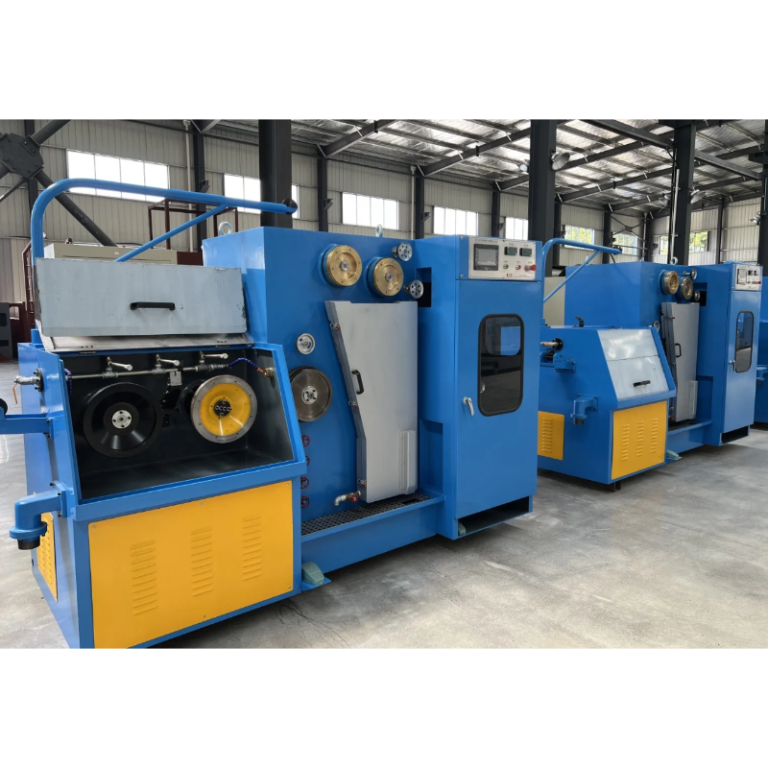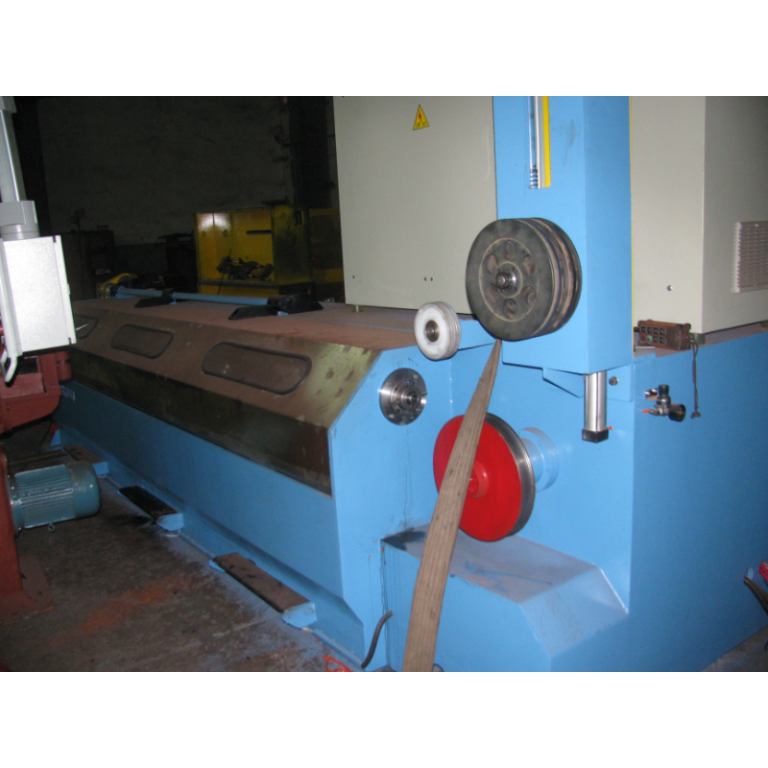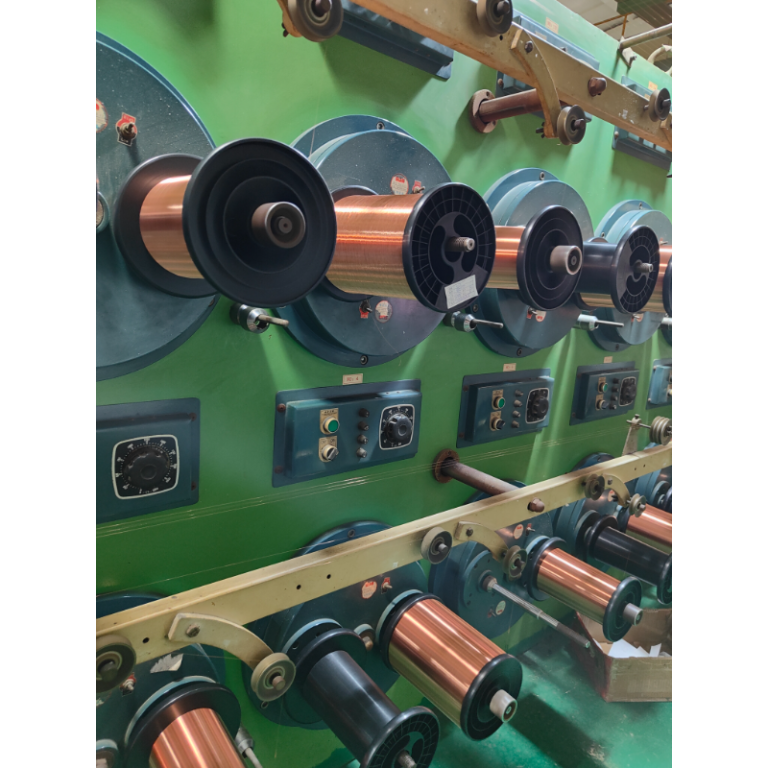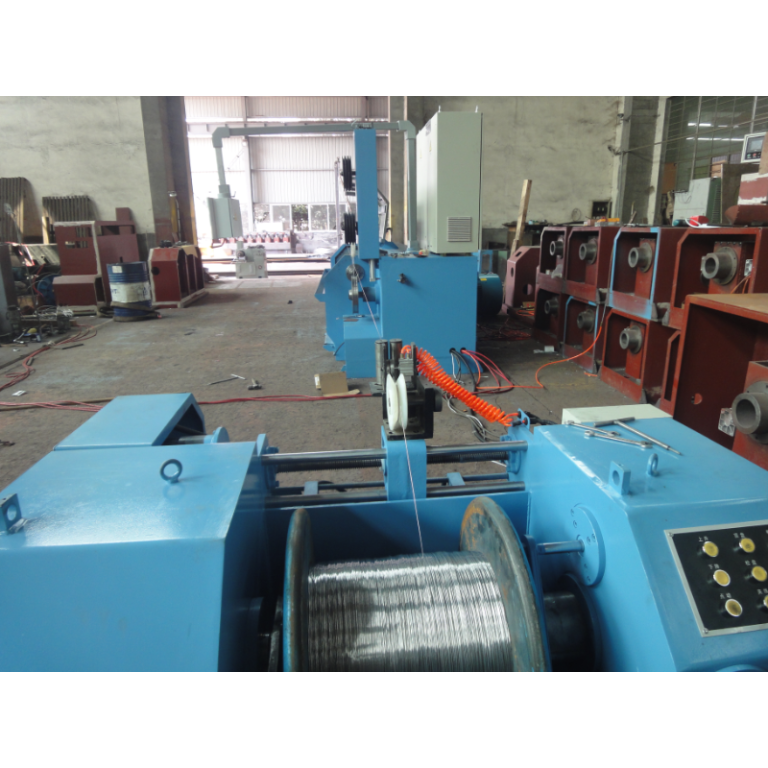Avantages de l’utilisation du fil d’aluminium dans le processus de tréfilage
En plus de sa légèreté et de son excellente conductivité,
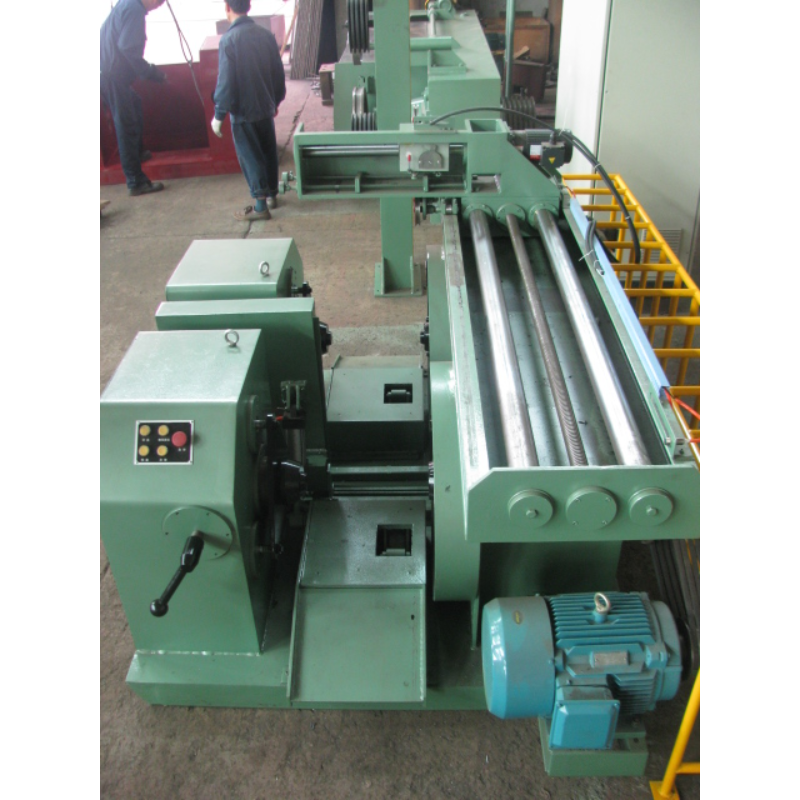
Machine de tréfilage de tôle d’aluminium
En conclusion, les avantages de l’utilisation du fil d’aluminium dans le processus de tréfilage en font une alternative viable au cuivre pour de nombreuses applications. Sa légèreté, son excellente conductivité, sa résistance à la corrosion et sa rentabilité en font une option attrayante pour les fabricants cherchant à réduire les coûts de production et à améliorer les performances de leurs produits. Bien qu’il existe certaines limites à l’utilisation du fil d’aluminium, les efforts continus de recherche et de développement améliorent continuellement la résistance et la durabilité des alliages d’aluminium, ce qui en fait un choix compétitif pour un large éventail d’applications.
In addition to its lightweight nature and excellent conductivity, Aluminum Sheet Wire Drawing Machine also offers superior corrosion resistance. Unlike copper, which is prone to corrosion over time, aluminum is highly resistant to rust and other forms of corrosion. This makes aluminum wire a durable and long-lasting option for applications where exposure to moisture or harsh environments is a concern. Additionally, the corrosion resistance of aluminum wire can help extend the lifespan of products and reduce maintenance costs over time.
Furthermore, aluminum wire is more cost-effective than copper, making it an attractive option for manufacturers looking to reduce production costs. The price of aluminium is typically lower than that of copper, making it a more affordable material for wire drawing processes. Additionally, the lightweight nature of aluminium wire can result in lower shipping costs, further contributing to overall cost savings for manufacturers.
Despite its many advantages, there are some limitations to using aluminum wire in the drawing process. One of the main drawbacks is its lower tensile strength compared to copper. This means that aluminum wire may not be as strong or durable as copper wire, making it less suitable for applications where high tensile strength is required. However, advancements in metallurgy and manufacturing processes have led to the development of high-strength aluminum alloys that can rival the tensile strength of copper.
In conclusion, the advantages of using aluminum wire in the drawing process make it a viable alternative to copper for many applications. Its lightweight nature, excellent conductivity, corrosion resistance, and cost-effectiveness make it an attractive option for manufacturers looking to reduce production costs and improve product performance. While there are some limitations to using aluminum wire, ongoing research and development efforts are continuously improving the strength and durability of aluminium alloys, making them a competitive choice for a wide range of applications.

